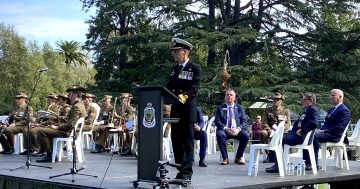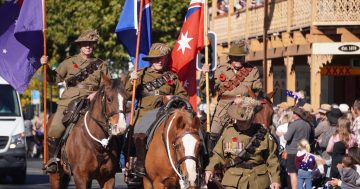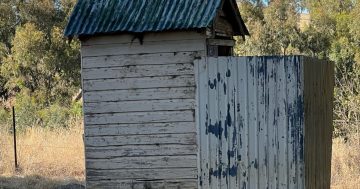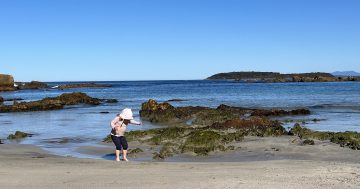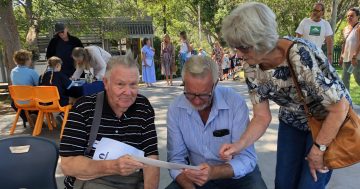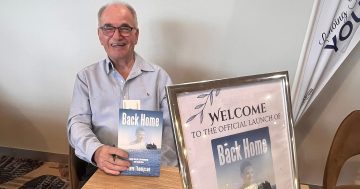
Public holidays are great – but they come at a cost. Photo: Thomas Lucraft.
When the Prime Minister and various other politicians called for a public holiday if the Matildas won the World Cup. I was all for it – as long as it was on a Sunday.
The debate over that particular holiday is now moot, but the issue is well worth unpacking because when politics and egos come into play, commonsense can go out the window.
The expression ‘bread and circuses’ comes from Roman times and refers to the behaviour of politicians who try to create public approval by distracting a population from their bad behaviours and policies with food and/or entertainment; and in the modern world by creating public holidays.
Or, as we know them in Canberra, the opportunity to fill up the Kings and Monaro highways with swags of vehicles headed for the coast.
I, for one, love a good traditional public holiday. Those holidays where we traditionally get to see family, have an extended break and relax at the beach. Not the new-fangled, gee I’m a good leader, type of holiday.
The Australian jurisdictions with the most public holidays are the ACT and Victoria.
In Canberra we celebrate the traditional holidays of Christmas, Boxing Day, New Year’s Day, Australia Day, Anzac Day, the King’s Birthday, Labour Day, Good Friday, Easter Saturday, Easter Sunday and Easter Monday. We also celebrate Reconciliation Day and Canberra Day. That makes 13 public holidays.
More recently we had another holiday as our head of state (the Queen) died. A day of mourning where many people took a very long weekend and went down the coast or just had a great time at the pub or club or somewhere. Hardly mourning.
The history of Canberra’s Reconciliation Day is interesting. When John Howard introduced WorkChoices (big mistake), he banned union picnic days. So, the then ACT Government (run by the unions) introduced a public holiday to snub its nose at Mr Howard.
Initially Melbourne Cup Day was declared a holiday but eventually they realised that became a drink-a-thon for young folk, so they changed the date and name.
Public holidays have a big impact on small business in retail and hospitality. We know a long weekend is a time for many people to travel.
Businesspeople are ready for that but more public holidays means more people take their money to other economies – great for the South Coast and Snowies, not so good for Canberra. The ACT Government doesn’t understand that and basically doesn’t care.
When a public holiday falls on a Thursday or Tuesday it gets worse for business as many people take a very long weekend with the extra day and stay away longer. More sales lost to other economies.
Of course, there is the extra costs in wages on a public holiday. It’s worth remembering businesses in our biggest shopping centres are forced to open by their landlords even though costs will be higher and sales will be lower.
There’s also the matter of the Anzac Day holiday. Initially this was held on 25 April, no matter what the day of the week. Anzac Day was not a holiday in itself, it was time to join or observe parades and remember those who fought and particularly those who never came home or did so injured and in need of care.
It was about two-up and seeing old and young men and women with medals and hearing from those people who fought for democracy. We could see them in the media or meet them in person. Then for some reason it was decided to give people an extra day off if Anzac Day occurred on a weekend.
It’s defeating the purpose of remembrance and promoting the thought of celebration and a day off when there are no parades or events. Odd and wrong.
Public holidays have a place but any ad hoc holidays should be on a Sunday, why not?
Finally, it was the Roman poet Juvenal who originally used the term ‘bread and circuses’. He apparently used it to criticise the perceived greediness of common people and their neglect of wider concerns. Their focus on their own needs rather than that of the wider community.
Yet most people I speak to in Canberra believe we have too many public holidays. But gee it’s hard to say no. See you, I’m off to Mollymook!
Peter Strong was a Canberra business owner and CEO of the Council of Small Business Australia (COSBOA) for 11 years.
Original Article published by Peter Strong on Riotact.







